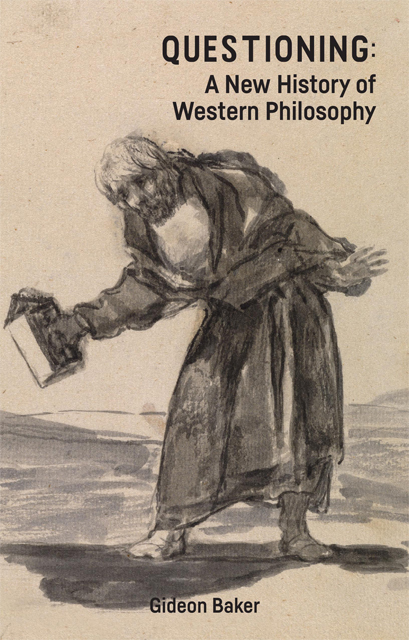16 - Arendt
Published online by Cambridge University Press: 14 July 2023
Summary
ONE OF THE CONTRIBUTIONS of Hannah Arendt’s (1906–75) thought to our understanding of questioning is the way in which she seeks to put questioning in its place. You might think that a German Jewish philosopher who narrowly escaped the Shoah (Arendt fled to New York in 1941) would call for less politics and more philosophy. But in many ways, as we shall see, it was the other way around.
Heidegger, one of Arendt’s professors when she was an undergraduate and a lifelong influence, had already dethroned philosophy. But Heidegger’s commitment to a certain kind of questioning (being open to being) remained undimmed, identifying it as he did with the essence of human being itself. Indeed, the elevation of this kind of questioning made the later Heidegger seem to be suspicious of any form of action. He found too much ‘subjectivism’ in the idea of humans acting on the world as if from the outside.
Although she remained in many ways close to Heidegger, Arendt could not have disagreed more that the passive life is closer to the truth of existence than a life of action. Although she was at pains not to be understood as saying that politics is all that a human life should aim at, she did not hide her belief, which she shared with the ancient Greeks, that the active life of politics is the uniquely human vocation.
A question therefore haunts Arendt’s work: is the ‘striving for immortality’ (Arendt 1958: 20) which she took to be the wellspring of politics in the ancient Greek city-state capable of being recovered, or at least reactivated in new forms, in the modern world? If not then her work must be seen as being tinged with nostalgia. If yes, then what forms could such a politics take today?
This question is pressing for us also since, to repeat, for Arendt the life of action that is the political life is the only uniquely human life. As she argued in The Human Condition (chapter 3), labour, by contrast, merely reproduces the necessities of life that ceaselessly return day by day and season by season. Animals have their labours, too. Even what Arendt terms ‘work’, that making or fabricating that adds something to nature (as when a lump of stone is worked into a statue), for the same reason fails to escape nature (Arendt 1958: chapter 4).
- Type
- Chapter
- Information
- QuestioningA New History of Western Philosophy, pp. 169 - 178Publisher: Edinburgh University PressPrint publication year: 2022

